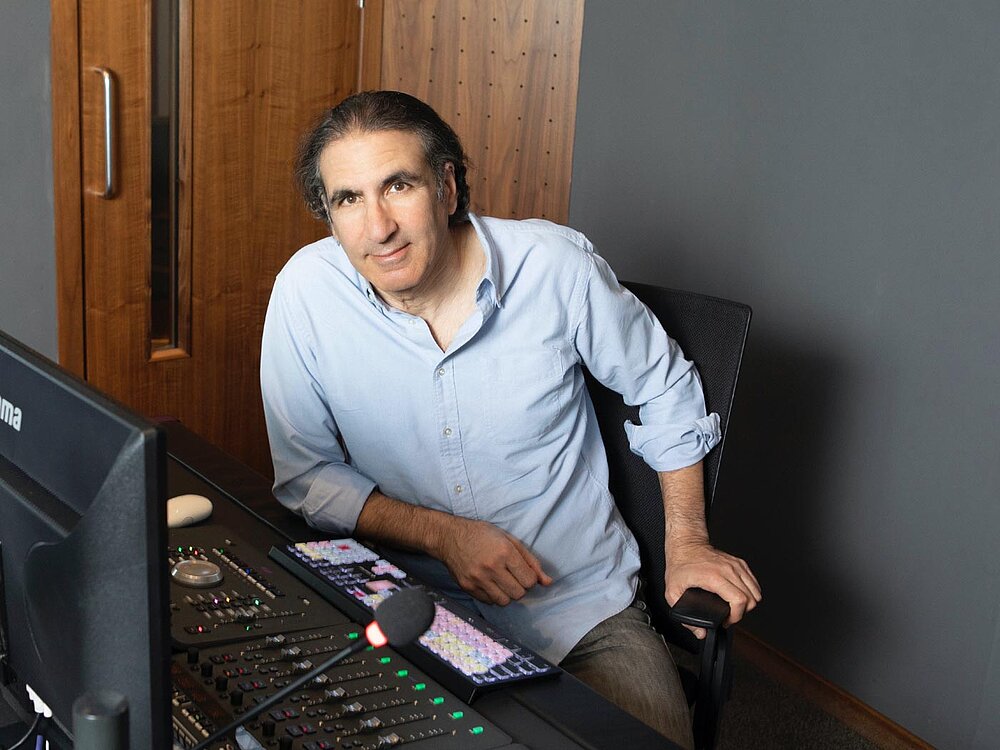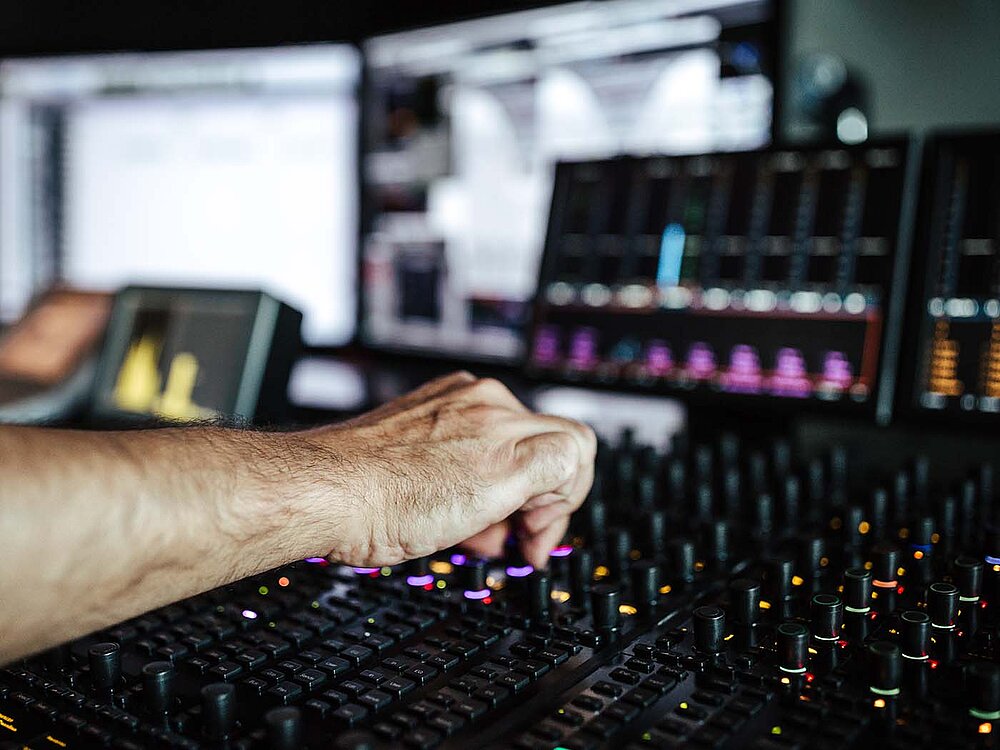Interview with Slator: media localizer VSI acquires Vox Mundi
London-based media localizer VSI Group announced, on February 24, 2021, that it had acquired Vox Mundi, a dubbing, subtitling, and media localization studio based in São Paulo, Brazil.
Norman Dawood, Managing Director of the VSI Group, told Slator that the deal closed on February 10, 2021, and that “neither party used M&A advisors as we already knew each other well and had a close relationship.”
Dawood added, “Vox Mundi is a highly respected name, locally and internationally, so we will continue to use it, together with the VSI brand name.”




